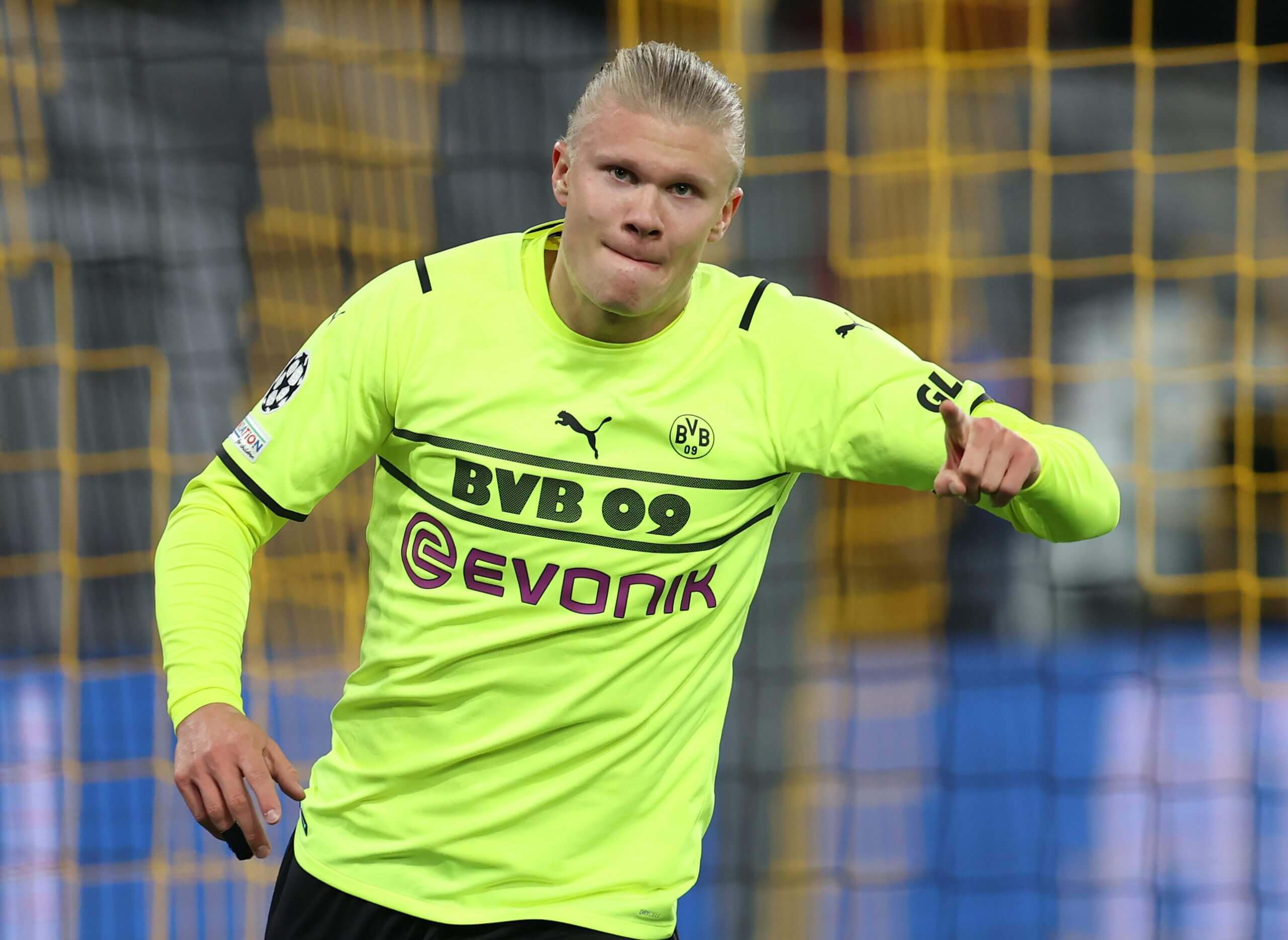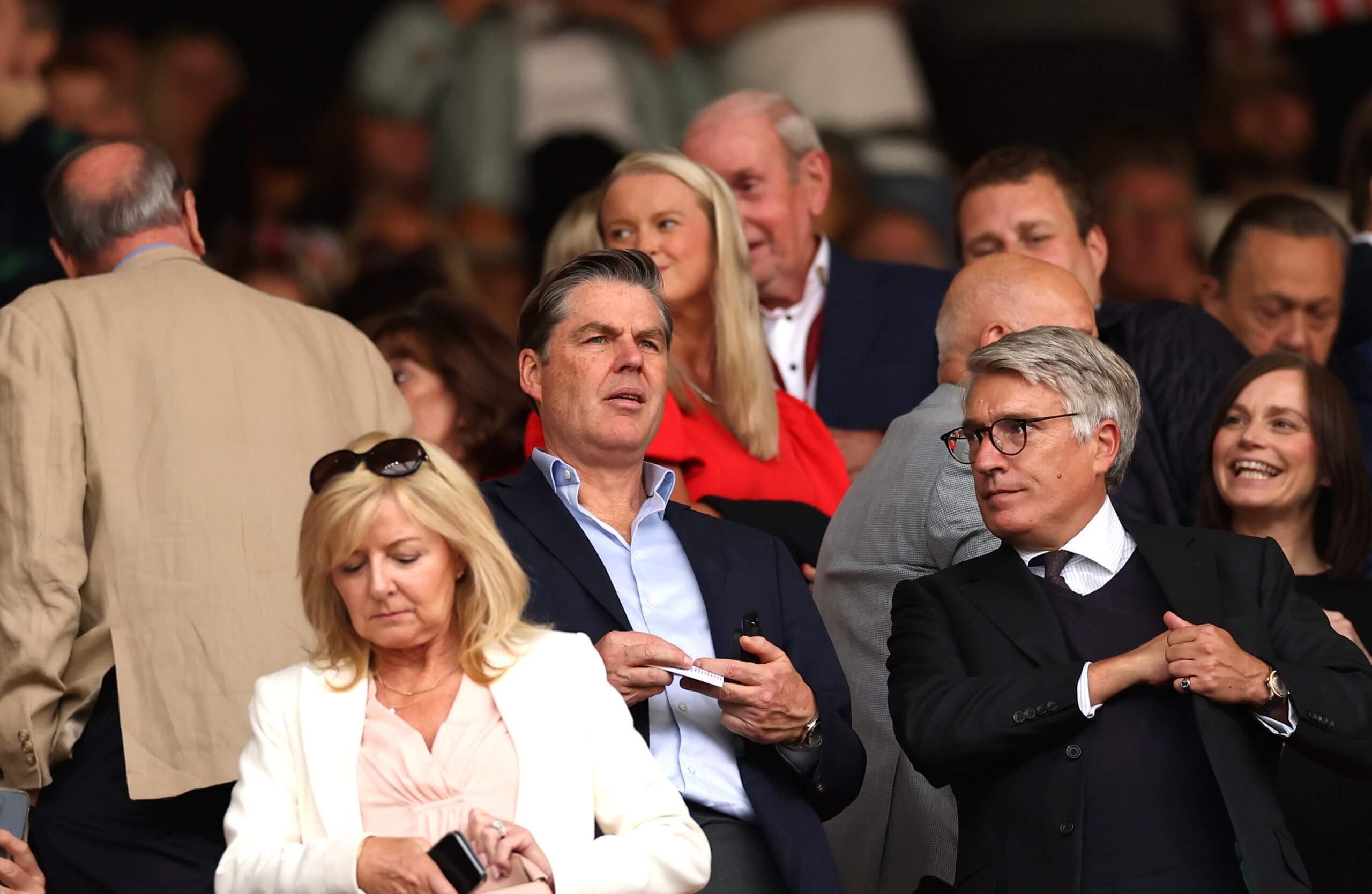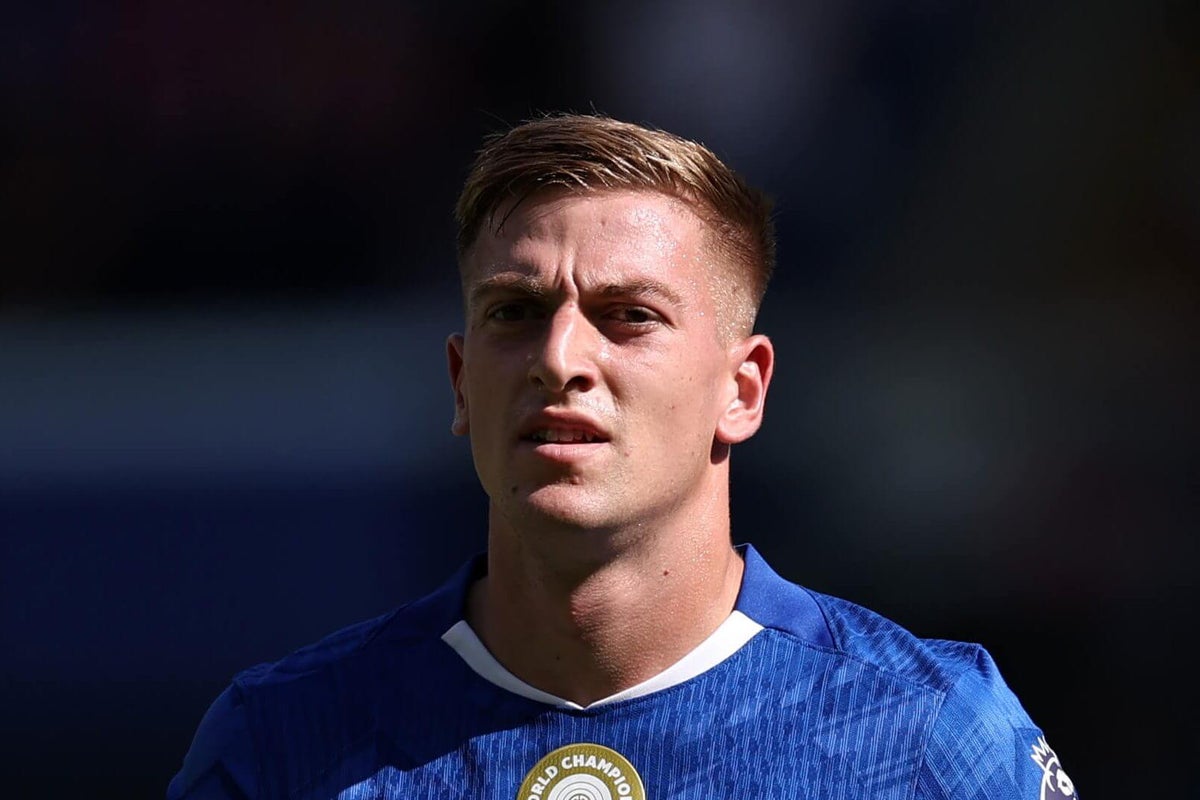Let us start with a riddle.
I am illegal in France but routine in Spain. I am insanely high at Barcelona and Real Madrid, but was memorably too low at Borussia Dortmund and Ipswich Town. I am usually secret, but miraculously, everyone seems to know all about me at the crucial moment. And a new-and-improved version of me is probably the best answer to the questions posed by Lassana Diarra’s landmark win over FIFA at the European Court of Justice last year.
What am I?
To create more of a gap between riddle and answer — otherwise you would have seen it already — I am going to remind you that Diarra, the well-travelled former France midfielder, successfully persuaded the European Union’s highest court that a significant chunk of FIFA’s ‘Regulations on the Status and Transfer of Players’, the Ten Commandments of the global transfer system, breaches competition law.
As a result, FIFA was forced to rush out a tweaked interim version of its rules for this year’s two transfer windows and is working on a more permanent fix.
In the meantime, many in and around the game believe Diarra may end up being as revolutionary as Jean-Marc Bosman was in terms of giving footballers the type of employment rights that civilians like you and I take for granted.
As explained in this piece I wrote last month, Brazilian striker Lucas Ribeiro has already cited the ruling in his decision to terminate a contract with South Africa’s Mamelodi Sundowns and sign a new one with Spanish side Cultural Leonesa. Defender Pierre Ekwah is another to play the Diarra card in his attempt to leave Saint-Etienne in his French homeland.
OK, I think that is enough room.
I am… a release clause.
“What we expect to come from FIFA will be incremental change,” says Liz Soutter, a partner at London-based ESL Sports Law. “But one thing is certain, the closer you can get club and player to each other contractually at the outset, the more likely you are to better align their interests and avoid disputes. If you can agree on things at the start, you don’t need to rely on FIFA or the national courts.”
A release/buy-out clause should be central to that agreement as it sets the transfer fee a buying club must agree to pay to start negotiating personal terms with a player.
Suppose we go back to the riddle. Barcelona and Real Madrid now routinely put €1billion (£870million) release clauses in their best players’ contracts to frighten off would-be suitors. For Barca, this is a case of once bitten, twice shy, as Paris Saint-Germain were famously not put off by Neymar’s €222m release clause in 2017.
On the flip side, Erling Haaland’s at Dortmund and Liam Delap’s at Ipswich are examples of release clauses set low in order to attract offers of new employment, which was clearly to the benefit of the two strikers, but not so good for their then employers.
But players do not want to blow up the transfer system completely — contractual stability goes both ways — and nobody chooses to go to court if they can avoid it. So the increased use of release clauses is almost certainly going to be part of the industry’s response to the Diarra case.
“It’s highly likely that the future transfer market will be an all-in release-clause market, with club and player having to agree everything,” explains Vidar Fossdal, an expert on transfer-related finance based in Norway. “The only way you can do that is with a release clause, but they can’t be what we have today, they’re not fit for purpose. It has to be built on a predicted valuation.”
If we take Delap as an example, his market value was probably double the £30million Ipswich got for him from Chelsea this summer. A more sophisticated and mutually beneficial release clause would have moved upwards to reflect his fine individual season in an otherwise disappointing team campaign that ended in relegation.
It might also include more bonuses for hitting future performance targets and a range of sell-on fees. It could even offer payment options for the buying club, with a smaller fee available for promptly handing over the whole amount and a larger one for a staggered, multi-year schedule.
If that sounds complicated, it is. But it is not beyond the wit of Fossdal, Soutter and the dozen other agents, financiers and lawyers who have teamed up to create Release Consult, an advisory service for navigating the post-Diarra transfer system.

Haaland’s release clause at Dortmund saw him move for less than his market value (Alex Grimm/Getty Images)
Set up in August, Release Consult says it will help clubs and players reach fairer and more legally robust pre-nuptial agreements, while it also plans to offer financing options between the teams doing the selling and buying.
The key bit is the concept of predicted valuation, which Release Consult has been working on with “football business intelligence service” Off The Pitch. Instead of clubs and players agreeing on a fixed number to either attract or deter rival teams, the idea with Release Consult is that they intend to help the parties settle on a range of values that reflect the individual’s development and fair market value at the relevant moment, with add-ons, buy-backs and sell-ons all calibrated accordingly.
It goes without saying that all of the above is certain to create a lot of work for lawyers, but the current chaos is pretty good for them, too, so we just need to accept that they are as much a part of the game these days as left-backs, and try to limit their involvement as best we can.
The Bank of FIFA
Is that being too mean to lawyers? Probably… apologies, my learned friends. But things are getting out of hand.
The Premier League’s rising legal bills have been widely reported, but further proof of football’s rampant lawfare came with the publication last week of FIFA’s Football Tribunal Report 2024-25.
At 42 pages, it documents all the work FIFA’s arbitration panels do to settle disputes between agents, coaches, clubs and players. Long story short: they have been very busy.
If we look at just the Dispute Resolution Chamber (DRC), which mainly deals with claims from players over missing wages, its case load has increased by more than 70 per cent in four years. Last season, it heard more than 2,000 cases, and these are all cases of a cross-border nature, as domestic disputes are heard by the relevant country’s football association.
There are several likely reasons for this huge increase in the number of international disputes. But one is that clubs are treating the DRC process as a form of cheap finance, as they know FIFA will only apply a maximum interest charge on the late payment of five per cent, which is a significantly better rate than even the best-run clubs are getting from banks.
So, the whole system is incentivising bad practice.
FIFA, to its credit, is believed to be considering an increase in its interest rate to 10 per cent to dissuade clubs from using the DRC process as a way to manage cash flow. But anything the sport’s global governing body does should be matched by its member associations, some of whom charge their teams no interest at all on domestic late-payment cases, which makes you wonder how players ever get paid on time.
Conference champions, Leaders legends
Not getting paid is not something you can imagine many at Leaders Week have to worry about, as many of the delegates had paid more than £2,000 to be at English rugby union’s headquarters, Twickenham — sorry, the Allianz Stadium — for one of the largest sports-business conferences on the global circuit.
What they get for that is food and drink, several rooms full of people with nametags on looking either for work or to sell you something, and two days of panel discussions about the latest AI-powered app that will bring burgers to your seat by drone so you can continue to buy merchandise while two American private equity firm-owned franchises create premium content for you and a global streaming audience of billions. Or something like that.
Journalists get all this for nothing, which is nice, but we do have to sing for our suppers by writing up the newsier bits from its headline speakers, which provides Leaders with just enough unearned media coverage to bring everyone back again next year. It is a fair deal.
This year’s star turns were provided by Concacaf president Victor Montagliani, Premier League chief executive Richard Masters, and National Football League commissioner Roger Goodell, but there was also a large number of team owners from the United States in attendance, as well as bosses from investment firms and media companies.
If you want to know what they all said, you will have to shell out for a Leaders digital pass, I am afraid, but I can save you some money and a lot of time by giving you the very edited highlights.
Montagliani, a Canadian, is sure that even U.S. President Donald Trump cannot spoil something as amazing as the World Cup, but we Europeans will have to stay up late to watch some of the games next June and July because of the summer weather in America.
Masters is still fed up with FIFA over the Club World Cup and is in no hurry to ditch the likes of Sky Sports for a Ligue 1-style Premflix streaming pass. And Goodell remains convinced that what we call American football is the fastest-growing sport on the planet, as it has been for half a century; it just needs flag football, and even more of its games played abroad, to get it over the hump.

Masters, centre, is in no hurry to move to a ‘Premflix’ model (Stu Forster/Getty Images)
The most interesting speaker for my money (if I had paid) was David ‘Doc’ O’Connor, the co-founder and managing partner of Arctos, a private investment firm that owns minority stakes in Fenway Sports Group, Golden State Warriors, Paris Saint-Germain and half a dozen other leading teams. He neatly explained why most of his firm’s money is invested in American clubs and leagues, as opposed to European ones, and he made it sound like this one was not going to change any time soon.
In short, American leagues are set up like actual businesses, where everyone can make some money, while those over here are a collection of Wild Wests where only those with the deepest pockets can compete.
If anything, he sounded even more bullish on America and very bearish on Europe.
Built in Birmingham, with no handouts
The Doc’s diagnosis is not for everyone, though, as became very clear during the most entertaining panel session at Leaders.
Its star was Knighthead Capital Management co-founder Tom Wagner, who is probably better known as the guy who gave Birmingham City’s players a pep-talk in the front row of Wembley’s Royal Box after their 2-0 EFL Trophy final defeat by Peterborough United last season.
Having bought the club in 2023, Wagner has subsequently added stakes in netball team Birmingham Panthers and cricket franchise Birmingham Phoenix to his Second City stable, while pushing on with plans to build a “sports quarter” there, complete with a 62,000-capacity stadium.
When asked why he was investing so much in a city that has attracted recent headlines for its bankrupt council and bin strikes, Wagner waxed lyrical about Birmingham’s glorious past and pent-up potential.
The future is so bright, he does not even have time to wish neighbours Aston Villa ill. On the contrary, he is looking forward to meeting them as equals in a derby to rival Manchester’s or the best of London’s inter-city clashes. And he does not need any Premier League handouts to get Birmingham back there.
I am paraphrasing, but Wagner appears to believe that the EFL, which he clearly intends to exit ASAP, should not be demanding a greater share of the Premier League’s broadcast wealth. Instead, he seems to believe it must concentrate on growing its own revenues instead, presumably by letting him and his counterparts at Wrexham create even more compelling sports-related content for North American audiences.
His rationale is that the Premier League needs all the money it can get its hands on so it can keep buying players; otherwise, its top clubs will not be able to compete with the biggest teams on the continent, and American fans will stop watching.
This column tried to point out things like the fact that English football’s top flight used to share half of its revenues with the rest of the game and still did quite well in Europe, the EFL would glad accept a Bundesliga-style offer of 20 per cent of the combined league revenues and the Premier League is already spending as much as the four other ‘Big Five’ leagues combined, so could probably spare some cash, but Wagner was having none of our communism.
When EFL club chairmen say things like this, you can forgive Masters for thinking he does not need to give us any fresh headlines.
To be fair to Wagner, he does not seem like the kind of fella who would say anything he does not sincerely believe to be true. But it is fair to say he would have some explaining to do to his fellow EFL club bosses if he ever turned up to one of their meetings.
Conway released without charge
To finish this edition of the column, I have a short update on a story I brought you about the misadventures of a former EFL club chairman from America called Paul Conway.
In June, I revealed that Conway, who once owned stakes in eight clubs in as many different European countries, including England’s Barnsley, was being held in a Spanish prison while fighting extradition to Belgium, where he was wanted for questioning in relation to six allegations of fraud linked to the 2024 bankruptcy of KV Oostende.
At the time of writing that initial article, Conway had already been in custody for a month, and he was eventually extradited to Belgium a month later. There, he was questioned by police and made several appearances in court in relation to a European Arrest Warrant that had been issued “in absentia”, and completely without his knowledge, earlier this year.
Now, after two months of house arrest in Brussels, where he lived in an apartment near his lawyer’s office, with a tag on his ankle, Conway has been released, without charge, and is back at home in Florida.
The chances of this being the end of the story are remote, but the above is all I can bring you for the time being, as neither Conway nor the Belgian authorities are ready to talk.
(Top photo of Liam Delap: Justin Setterfield/Getty Images)

